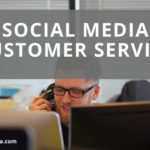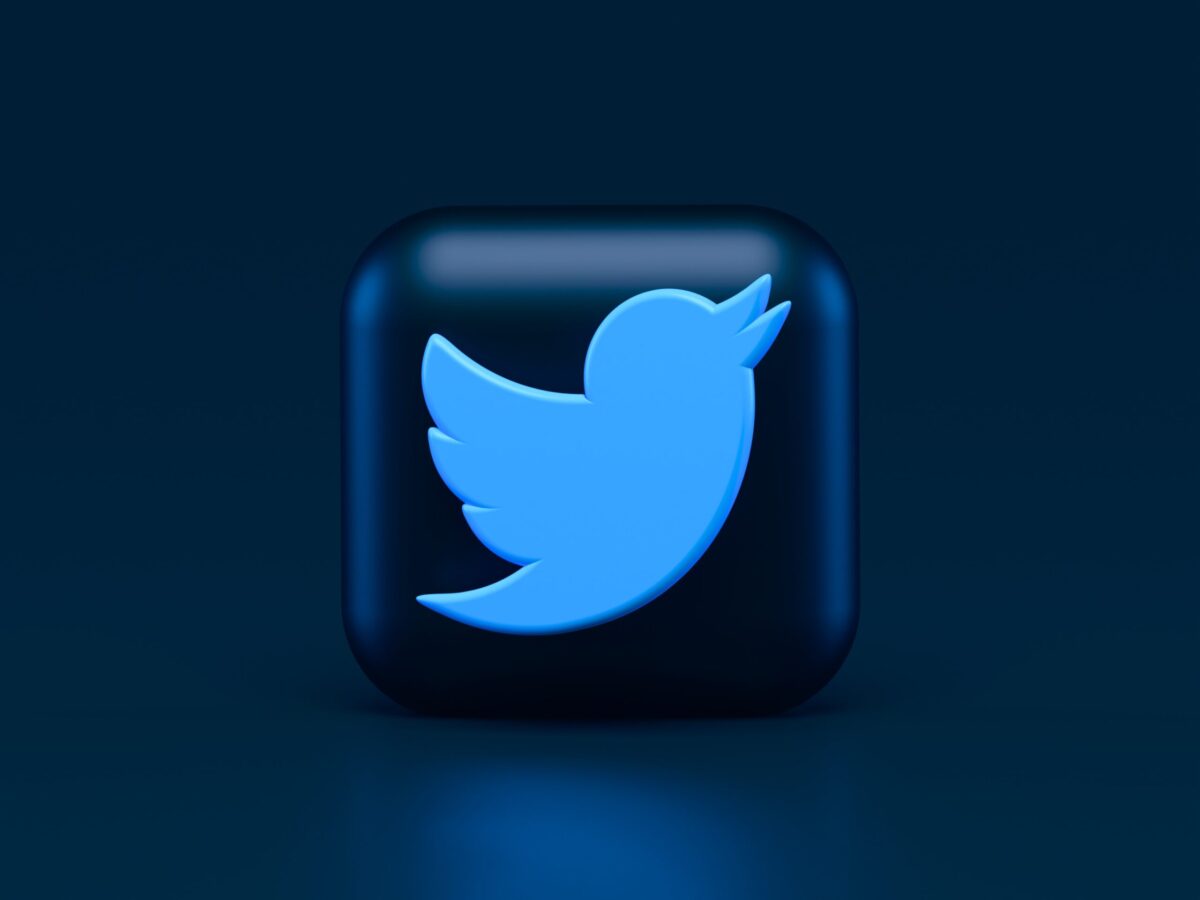In today’s digital age, social media has become an integral part of many businesses’ marketing strategies. Among the various social media platforms available, Twitter has emerged as a powerful tool for achieving a wide range of marketing goals.
From building brand awareness and customer engagement to promoting products, conducting market research, and providing customer service, Twitter can be leveraged in numerous ways to achieve your business objectives. In this response, I have outlined ten specific marketing goals that can be achieved with Twitter, providing examples and strategies for each goal.
By using Twitter strategically and consistently, businesses can reach their target audience, drive engagement, and ultimately grow their bottom line. Twitter can be a powerful tool for achieving various marketing goals.
Let’s dive in.
1. Brand Awareness
Twitter can help you increase your brand’s visibility and reach a wider audience. By regularly tweeting about your products, services, or industry news, you can get your brand in front of potential customers who may not have been aware of your business before.
2. Customer Engagement
Twitter is an excellent platform for interacting with your customers and building a community around your brand. By responding to customer inquiries, retweeting positive feedback and running Twitter chats, you can show that your brand cares about its customers and values their feedback.
3. Lead Generation
By using Twitter’s advanced search and advertising features, you can target potential customers who are interested in your products or services. This can help you generate leads and drive more sales for your business.
4. Thought leadership
Twitter can be a powerful platform for establishing yourself or your business as a thought leader in your industry. By sharing valuable insights and information, participating in industry discussions, and building a following of engaged followers, you can position yourself as an expert in your field.
5. Event Promotion
Twitter can be a great way to promote events and drive attendance. By creating a hashtag for your event and using Twitter to share updates and engage with attendees, you can create buzz and generate interest in your event.
6. Product Promotion
Twitter can be a powerful platform for promoting new products or services. By using Twitter’s advertising features or partnering with influencers or other brands to promote your products, you can create buzz and generate interest in what you have to offer.
7. Reputation Management
Twitter can also be used to monitor and manage your brand’s reputation. By monitoring mentions of your brand on Twitter and responding to any negative feedback, you can show that you take customer satisfaction seriously and demonstrate your commitment to providing a positive customer experience.
8. Content Promotion
If you create valuable content such as blog posts, infographics, or videos, Twitter can be a great platform for promoting that content and driving traffic to your website. By sharing links to your content on Twitter and using relevant hashtags, you can reach a wider audience and increase the visibility of your content.
9. Customer Service
Twitter can also be an effective channel for providing customer service. By responding to customer inquiries and concerns in a timely and helpful manner, you can show that your brand is responsive and cares about its customers. This can help build customer loyalty and improve the overall customer experience.
10. Competitor Analysis
Twitter can be a valuable tool for keeping an eye on your competitors. By monitoring their tweets and engagement, you can gain insights into their marketing strategies, identify areas where you can differentiate your business, and stay up-to-date on industry trends.
11. Crisis Management
If your business experiences a crisis or negative publicity, Twitter can be an effective platform for addressing the issue and communicating with your customers. By responding to concerns and providing updates, you can show that you are taking the situation seriously and working to resolve the issue.
12. Market Research
Twitter can be a valuable source of information for conducting market research. By monitoring tweets and engagement related to your industry or target audience, you can gain insights into customer preferences, pain points, and trends.
13. Sales Promotion
Twitter can be used to promote sales or special offers and drive conversions. By sharing discount codes, limited-time offers, or exclusive content with your Twitter audience, you can incentivize purchases and encourage customers to take action.
14. Influencer Marketing
Twitter is a popular platform for influencers to share their thoughts and opinions with their followers. By identifying influencers in your industry and partnering with them to promote your products or services, you can tap into their audience and increase your brand’s reach.
Conclusion
In conclusion, Twitter offers businesses a wide range of opportunities to achieve their marketing goals. By leveraging the platform’s unique features, such as hashtags, advanced search, and advertising tools, businesses can build brand awareness, engage with customers, drive sales, and position themselves as thought leaders in their industries. Twitter can also be used for reputation management, market research, recruitment, and crisis management, among other purposes. To achieve success on Twitter, it is important to develop a clear strategy, identify the right tactics, and execute consistently over time. By doing so, businesses can tap into Twitter’s vast audience and unique features to achieve their marketing objectives and grow their brand.










2 Responses